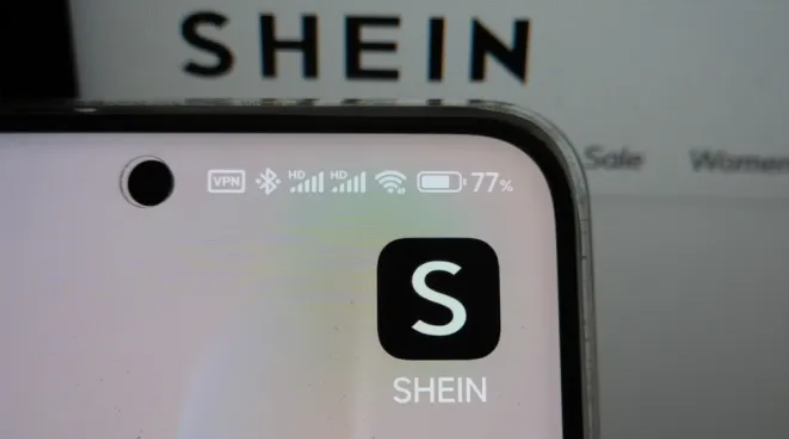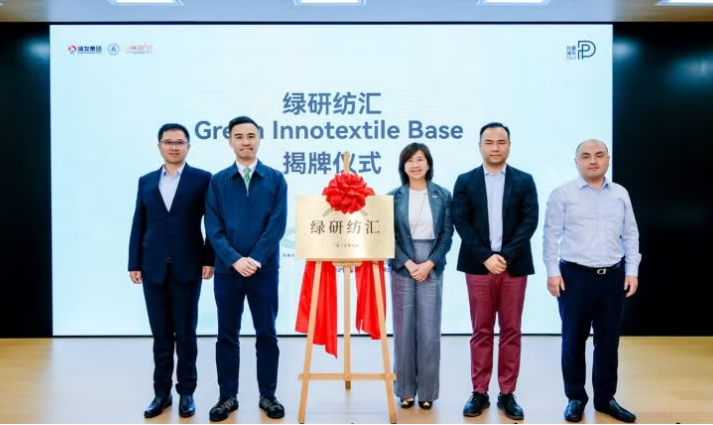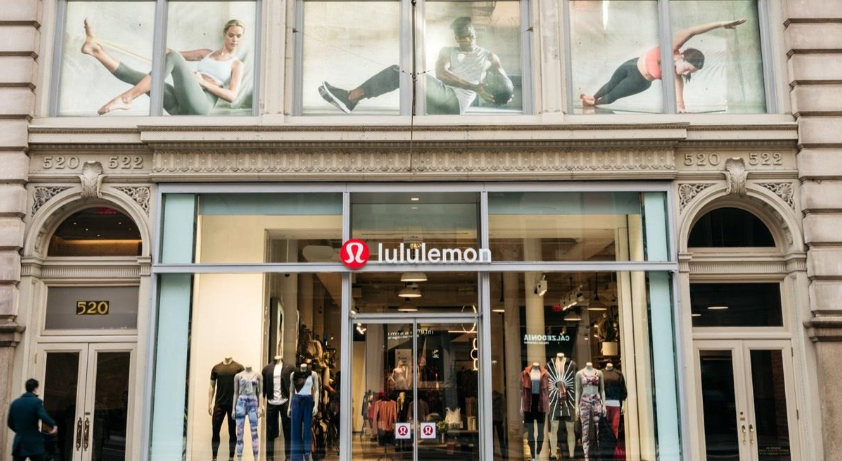Asia Fashion Weekly News Bulletin – ISSUE 18 Week of 9 June 2025
(1) LVMH Bets on AI to Navigate Luxury Goods Slowdown
LVMH is using AI across its operations to enhance customer engagement, optimise pricing and supply chain management, and support creativity, ensuring efficiency while maintaining its luxury brand appeal.
(2) French Senate Approves Bill to Penalise Shein, Temu Over Environmental Violations
France is set to ban fast fashion advertisements, targeting brands like Shein and Temu to reduce environmental harm.
(3) The Hong Kong Research Institute of Textiles and Apparel opens textile tech platform for sustainable fashion
The Hong Kong Research Institute of Textiles and Apparel has launched the Green Innotextile Base, an innovation platform to drive the adoption of eco-friendly textile technologies.
(4) Lululemon Signs Deal to Buy Recycled Materials for up to 20% of its Total Fibers
Lululemon has partnered with Samsara Eco in a 10-year agreement to source recycled nylon and polyester, advancing its sustainability goals and promoting circular materials in fashion.
(1) LVMH Bets on AI to Navigate Luxury Goods Slowdown

(Photo Credit: Noriko Hayashi/ Bloomberg News)
LVMH is leveraging artificial intelligence to navigate challenges in the luxury market, including slowing consumer demand in key regions like the U.S. and China. Over the past four years, the company has worked with Google Cloud to centralise data from its 75 brands, applying AI for supply chain planning, pricing, product design, marketing, and personalisation.
To maintain customer loyalty, LVMH is integrating AI into its retail operations, particularly at Tiffany, where AI agents assist sales advisers by summarising past customer interactions for more personalised engagement. In e-commerce, AI-powered search tools are improving online shopping experiences, enhancing conversion rates. Internally, AI is being used to adjust pricing based on currency fluctuations and optimise supply chain management, making business decisions more data-driven and responsive.
AI is also playing a role in the creative aspects of luxury retail, helping design teams generate inspiration mood boards and marketing teams create personalised content. LVMH’s companywide AI agent is widely used by employees to streamline operations and improve efficiency. Despite economic uncertainties, LVMH remains committed to technology investment, seeing AI as essential for maintaining market leadership while preserving the essence of luxury.
News Source: https://www.wsj.com/articles/lvmh-bets-on-ai-to-navigate-luxury-goods-slowdown-0438e328
(2) French Senate Approves Bill to Penalise Shein, Temu Over Environmental Violations

(Photo Credit: Costfoto/ Nurphoto via Getty Images)
France has taken a strong stance against fast fashion by approving new legislation aimed at curbing its environmental impact. The French Senate has passed a bill that will ban advertising from major fast fashion brands like Shein and Temu, in an effort to discourage overproduction and waste. Lawmakers argue that these companies promote excessive consumption by rapidly producing thousands of styles at low cost, often using unsustainable materials and low-wage labour.
Shein has responded by rejecting the fast fashion label, claiming its business model is part of the solution rather than the problem. However, critics argue that the company’s ultra‑low pricing and constant inventory updates encourage a throwaway culture that contributes to waste and environmental damage. Temu, which follows a similar model, also faces scrutiny under the proposed legislation.
If enacted, the bill will introduce penalties for fast fashion companies that fail to meet certain environmental standards. This includes advertising bans, increased fines, and stricter waste management regulations. The legislation has been widely praised by environmental groups and sustainability advocates as a significant step towards holding major fashion brands accountable.
News Source: https://hollywoodunlocked.com/france-passes-bill-banning-shein-and-temu-advertising/
(3) The Hong Kong Research Institute of Textiles and Apparel opens textile tech platform for sustainable fashion

(Photo Credit: HKRITA)
The Hong Kong Research Institute of Textiles and Apparel (HKRITA) has launched the Green Innotextile Base (GIB) in collaboration with the Pudong New Force Incubator and the Pudong-Hong Kong Institute for Technology Transfer and Innovation. Announced at the Innostech 2025 Shanghai-Hong Kong Seminar, the initiative aims to integrate smart manufacturing, sustainable fashion principles, and advanced technology into the textile industry.
GIB will promote circular economy projects, explore new textile materials, and merge fashion with AI. The platform is designed to support Hong Kong companies by linking technology with markets, encouraging cross-regional investment, and facilitating industry partnerships. Also, it will establish technical standards, provide certification services, and accelerate the integration of new technologies into the sector.
HKRITA has also partnered with NeoRita Sustainable Technologies (Shanghai) to advance sustainable materials, such as bacterial cellulose transformation for vegan leather products. This collaboration highlights Hong Kong’s commitment to sustainability and innovation, setting the foundation for further development in environmentally friendly fashion and advanced manufacturing solutions.
News Source: https://www.just-style.com/news/hkrita-textile-innovation-platform/
(4) Lululemon Signs Deal to Buy Recycled Materials for up to 20% of its Total Fibers

(Photo Credit: ESGtoday)
Lululemon has signed a 10-year agreement with Australian startup Samsara Eco to source recycled nylon and polyester for its apparel, supporting its sustainability goals. Samsara Eco uses enzymatic technology to break down plastics into their original chemical components, allowing them to be reused without relying on fossil fuels. The deal could see Samsara Eco’s materials contribute to 20% of Lululemon’s fibre portfolio.
This partnership builds on previous collaborations between the companies, including breakthroughs in textile recycling and the creation of products using enzymatically recycled polyester. These efforts aim to reduce environmental impact by promoting circular materials in the apparel industry. Samsara Eco’s CEO, Paul Riley, emphasised the importance of adopting circular solutions and expressed optimism about future advancements.
By 2025, Lululemon aims for 75% of its materials to be from “preferred sources” with improved sustainability outcomes, increasing to 100% by 2030. The company is also working with biotechnology firm ZymoChem to expand the use of bio-based nylon. These initiatives reflect Lululemon’s commitment to reducing reliance on fossil-fuel-derived materials and driving sustainability in fashion.
News Source: https://www.esgtoday.com/lululemon-signs-deal-to-buy-recycled-materials-for-up-to-20-of-its-total-fibers/


